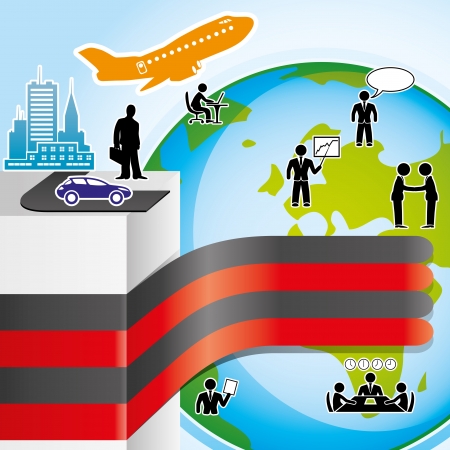Transport Policy and Social Equity: The UK Government’s Approach
Introduction to Transport Policy in the UKTransport policy in the United Kingdom has undergone significant transformation over the past century, evolving alongside changes in society, technology, and economic priorities. Today, transport plays a central role in everyday British life, connecting people with work, education, healthcare, and social opportunities across urban and rural communities alike. From…





